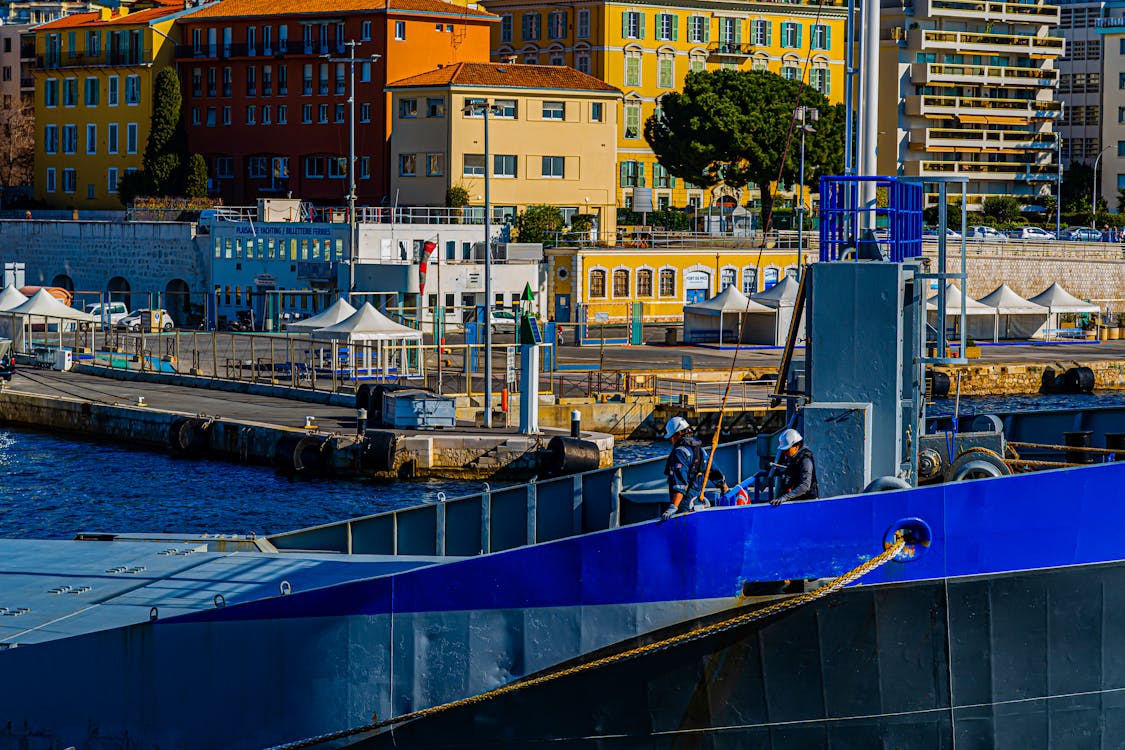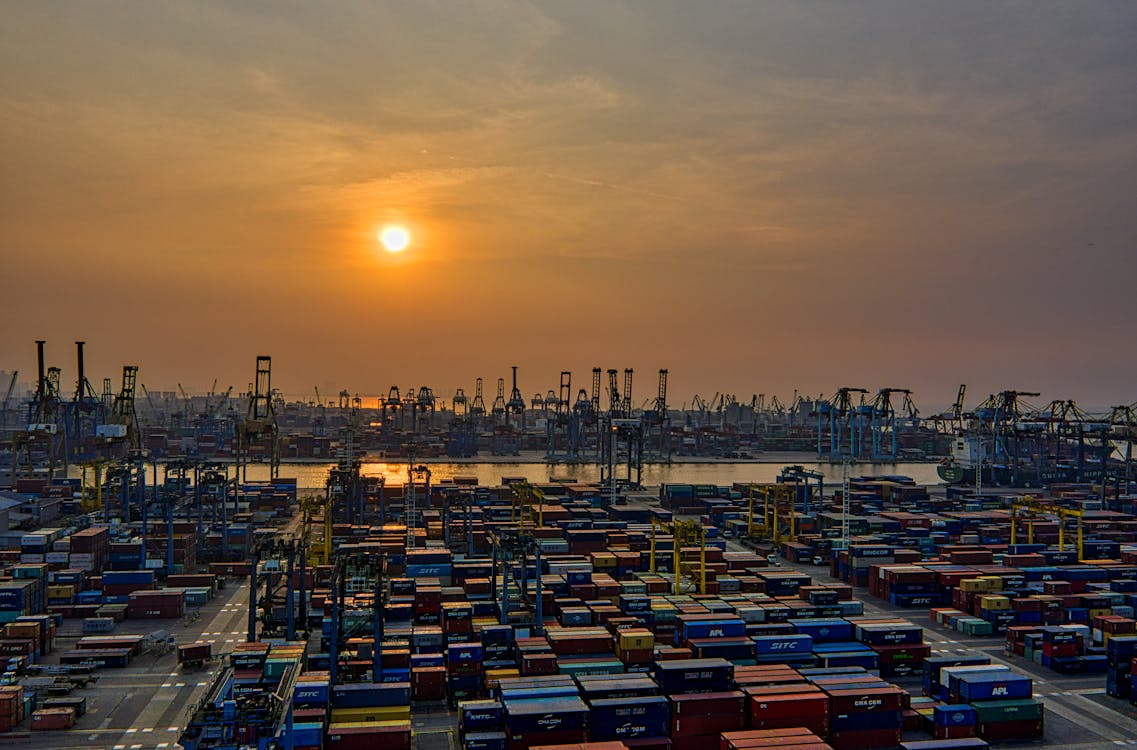

Navigating New Regulations
Introduction to the Project
Overview of Key Regulations:
In recent years, the maritime industry has experienced notable regulatory advancements, spearheaded by entities like the International Maritime Organization (IMO) and regional regulatory authorities. Marine Sea Services S.A has been actively involved in this evolution. Particularly, there has been a significant emphasis on environmental preservation, exemplified by the implementation of regulations such as MARPOL Annex VI by the IMO. This regulation imposes restrictions on air emissions from vessels, reflecting our commitment to sustainable practices. Furthermore, there have been updates to regulations concerning safety, crew well-being, and security, reflecting the dynamic nature of risks and challenges in the maritime sector. Marine Sea Services S.A remains dedicated to complying with these regulations and ensuring the highest standards of operational excellence.
Compliance Strategies:
Ensuring adherence to these regulations is imperative for ship operators under Marine Sea Services S.A to evade penalties, preserve the environment, and ensure the safety of crew members. Practical strategies for compliance encompass regular audits and inspections to evaluate regulatory compliance, implementing thorough training programs to educate crew members about their duties and regulatory obligations, and establishing effective reporting systems to monitor and rectify compliance issues promptly.
Case Studies:
Case studies based on real-life experiences offer invaluable insights into how Marine Sea Services S.A has effectively implemented compliance measures and navigated regulatory challenges within the maritime industry. For instance, our company may share its experience of retrofitting its fleet with exhaust gas cleaning systems to meet MARPOL Annex VI sulfur emission limits, showcasing our commitment to environmental compliance. Additionally, we might highlight how our tanker operations have successfully implemented enhanced security measures in response to maritime security threats, underscoring the significance of vigilance and readiness in ensuring adherence to security regulations.
Future Trends:
Emerging trends in maritime regulation are shaping the future of the industry and posing new challenges for ship operators. The transition to cleaner fuels, driven by regulations like the IMO's sulfur cap regulations, is prompting operators to explore alternative fuel options such as LNG and hydrogen. Digitalization is also transforming regulatory compliance processes, with technologies like electronic recordkeeping and remote inspections streamlining regulatory reporting and oversight. Additionally, the growing threat of cyberattacks is prompting regulators to develop cybersecurity guidelines and requirements to enhance the resilience of maritime operations against digital threats. Understanding these future trends is essential for ship operators to adapt their compliance strategies and stay ahead of regulatory changes.


